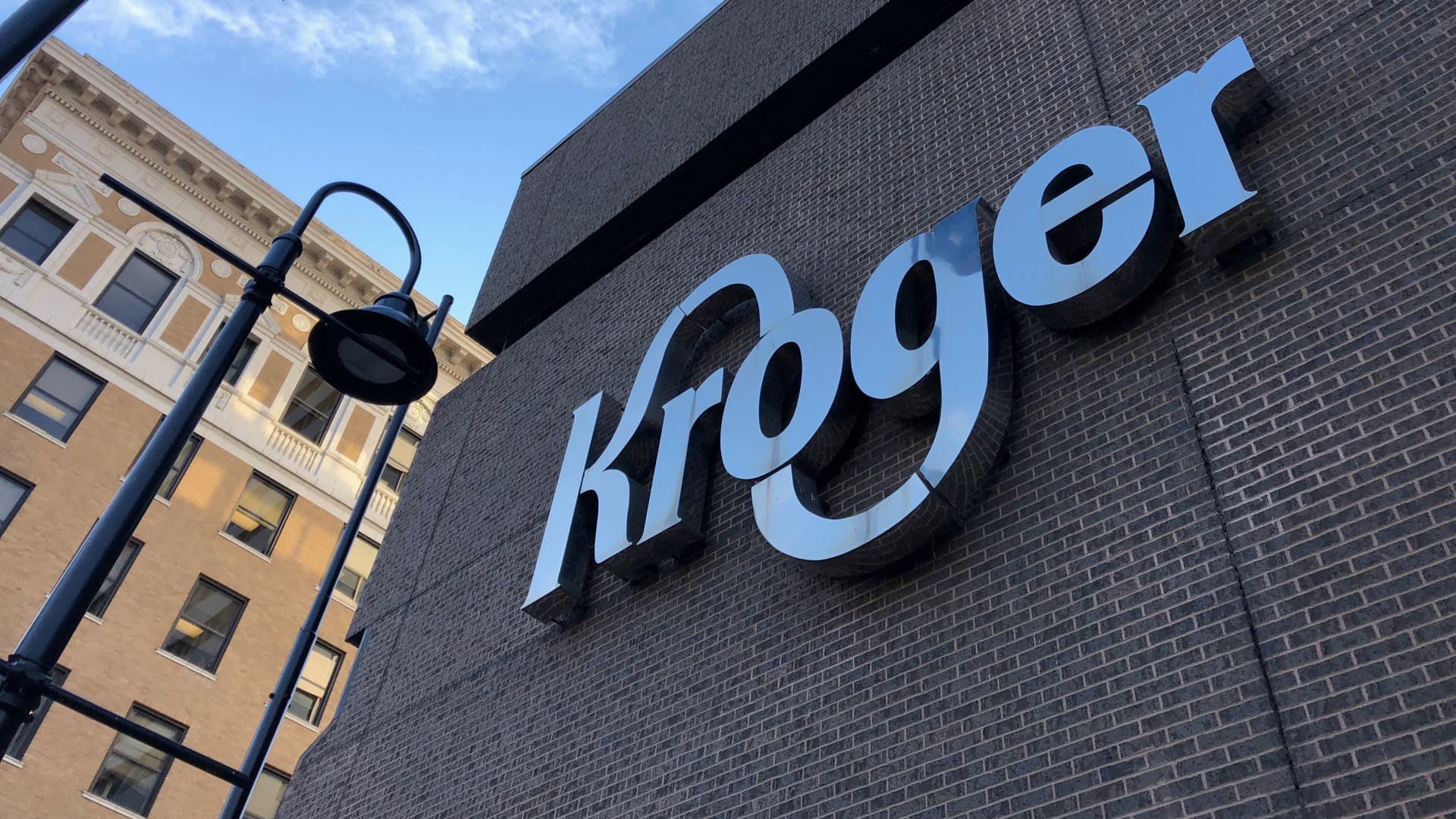US Markets
Wednesday, June 29th, 2022 6:17 am EDT

Some shoppers say “buy now, pay later” may not be all it’s cracked up to be.
After experiencing explosive growth during the pandemic — spending on BNPL in the U.S. soared 230% since the start of 2020 — the hype around installment buying is fading as costs for everyday items rise and consumers dial back on discretionary purchases.
Although 45 million shoppers embraced installment purchases last year alone, some have a case of buyer’s remorse, especially if they’ve shelled out more than they can afford or are struggling to keep track of multiple loans.
Nearly 70% of buy now, pay later users admit to spending more than they would if they had to pay for everything upfront, according to a survey from LendingTree. As a result, 23% of consumers said they’ve regretted financing a purchase this way, LendingTree found.
More from Personal Finance:
58% of Americans are living paycheck to paycheck
Apple Pay Later presents a challenge to BNPL rivals
Buy now, pay later is not a boom, it’s a bubble
About 10% of users reported difficulties over the past year making payments on the BNPL loans they took out, according to a separate report by the Federal Reserve Bank of Philadelphia’s Consumer Finance Institute
But making a return can be another issue altogether.
“People have gotten accustomed to refunds and returns being fairly simple when something is bought with a credit card, but with buy now, pay later loans, since they’re so new, the process isn’t quite down to a science,” said Matt Schulz, chief credit analyst for LendingTree.
Buying is the easy part; returning, not so much
“Part of their growth has been the ease and clarity of these loans but that certainly doesn’t seem to be the case when it comes to refunds, and that’s a problem,” said Schulz.
BNPL return policies vary and, in most cases, you’ll need to contact the merchant, as well as the loan provider, to get your money back. Retailers may also have their own rules for BNPL returns and whether goods bought online can be returned in store.
At Affirm, for example, shoppers must first request a refund from the seller and continue to make payments until the return is approved, then the funds are reimbursed within three to 10 business days, according to the company.
“We do our best to support all Affirm consumers throughout their purchasing journey and to assist with return and refund issues as they arise,” an Affirm spokesperson said.
Still, if you’ve paid any interest charges during that time, that money is not refundable.
BNPL has less regulation, fewer consumer protections
For now, BNPL loans are not subject to the same regulations that apply to credit or debit cards and there are fewer consumer protections, including the ability to dispute a charge if you bought a good or service that wasn’t delivered as promised.
“People have gotten accustomed to refunds and returns being fairly simple when something is bought with a credit card, but with buy now, pay later loans, since they’re so new, the process isn’t quite down to a science,” Schulz said.
Without much regulatory oversight, the BNPL market currently exists in “a legal gray space,” according to Marshall Lux, a fellow at the Mossavar-Rahmani Center for Business and Government at the Harvard Kennedy School.
The Consumer Financial Protection Bureau has said it is looking into how these programs impact consumer debt accumulation and what consumer protection laws apply.
The CFPB has not yet announced its next steps.
This post has been syndicated from a third-party source. View the original article here.




